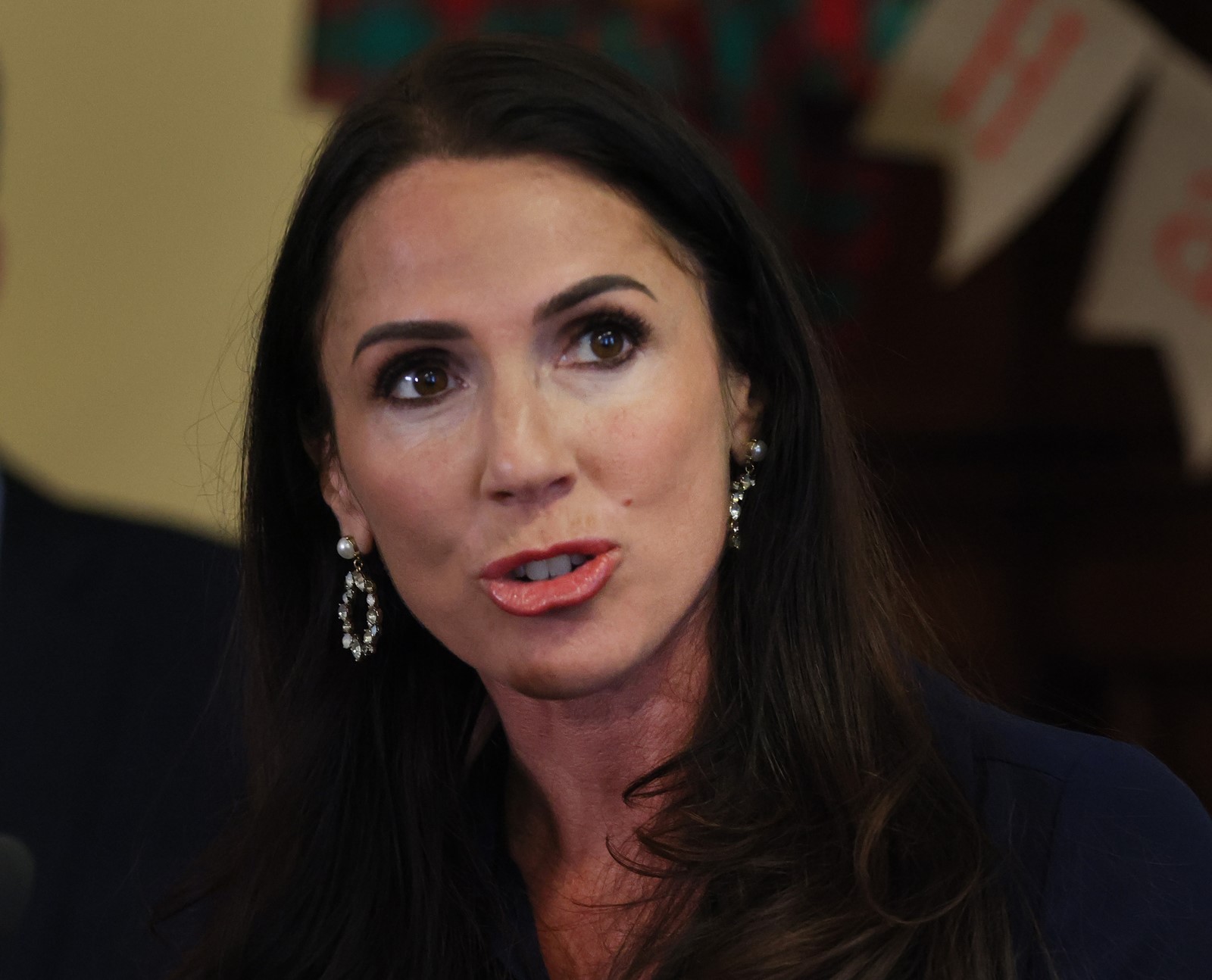

By Jeanne M. Kempthorne and Mary Z. Connaughton
More than eight months have passed since November’s election in which a supermajority of Massachusetts voters gave the state Auditor the go-ahead to audit the State House. Since then, the Legislature has dragged its feet, refusing to allow the State Auditor to audit even its financial accounts and contracts, much less its operational effectiveness and efficiency.
What’s the hold-up?
The Legislature is stonewalling, refusing to obey a duly passed law on the putative ground that submitting to an audit would transgress the boundary between the executive and legislative branches of government. They are abetted in this argument by ivory-tower academics who toss around the principle of “separation of powers” and claim “The power to audit is the power to destroy,” as if this dubious rhetoric has the force of law. They cite no actual law that supports their expansive view of the power of the Legislature to defy the will of the People and ignore both relevant constitutional history and decisions of the Supreme Judicial Court.
“Separation of powers” does not supplant “checks and balances,” a constitutional principle the state Auditor’s critics ignore. Following the constitutional convention of 1853, the state Auditor’s Office, originally created by the Legislature, was enshrined in the Massachusetts Constitution. The minutes of the convention make clear that the delegates purposely chose not to embed the auditing function in the Legislature, but rather to have the state Auditor be directly answerable to the People.
Since then, the Supreme Judicial Court has had many occasions to discuss the contours of the separation-of-powers doctrine. Only a usurpation or delegation of a core function of one branch of government by or to another violates the doctrine. The state Auditor’s Office cannot pass laws, cannot invalidate laws, cannot force the Legislature to accept its recommendations for improvement. It therefore does not transgress into exclusive legislative turf when it exposes the finances and operations of the Legislature to the People who empower both the legislative and executive branches of government.
Even if the separation-of-powers argument were valid, the Legislature is not required to fight to its dying breath, at taxpayers’ considerable expense, to uphold a theoretical principle that stands in the way of the public interest. The Legislature should yield to the greater public interest in ensuring that our Legislature is not corrupt and inefficient, which many, maybe most, members of the public believe it to be.
It is clear that the public is dissatisfied with the Legislature’s lack of transparency and, increasingly, with its inability to get the people’s business done in a timely and efficient manner, distinguishing itself among its peer legislatures for being the least transparent and the least accountable in the country.
Some critics have also argued that state Auditor Diana DiZoglio should be disqualified from conducting the audit because of bias or conflict of interest. They point to her pro forma disclosure that she served in the Legislature prior to running for Auditor as a conflict of interest. Some contend that her relationships with members of the Legislature and her well-known antipathy toward non-disclosure agreements give rise to disabling bias.
The short answer is that this history was in the public domain and well vetted before the elections of 2022 and 2024. The People considered that information and nonetheless voted for DiZoglio to serve as Auditor and, two years later, empowered her Office, with her at the helm, to audit the Legislature. Some did so in spite of, and others undoubtedly because of, her familiarity with the dysfunction and conflicts of interest in the Legislature. The longer answer is that DiZoglio’s personal history in the Legislature does not constitute a genuine conflict of interest barring her from supervising an audit of the Legislature. She has no power to audit individuals who happen to serve in the Legislature and there is no way an audit will profit her or her family.
The public did not vote for a cipher. They voted for someone with experience and knowledge to carry out an audit of the Legislature’s operations. DiZoglio’s knowledge about how the Legislature operates is properly brought to bear on the recommendations of her Office. It’s time for the members of the Legislature to remember whom they work for.
Jeanne Kempthorne is a former state Ethics commissioner and is a founder of the Coalition to Reform Our Legislature. Mary Connaughton is Pioneer Institute’s Director of Government Transparency and is a member of the steering committee of the Coalition to Reform Our Legislature. She ran for state Auditor in 2010.


 PREVIOUS ARTICLE
PREVIOUS ARTICLE
